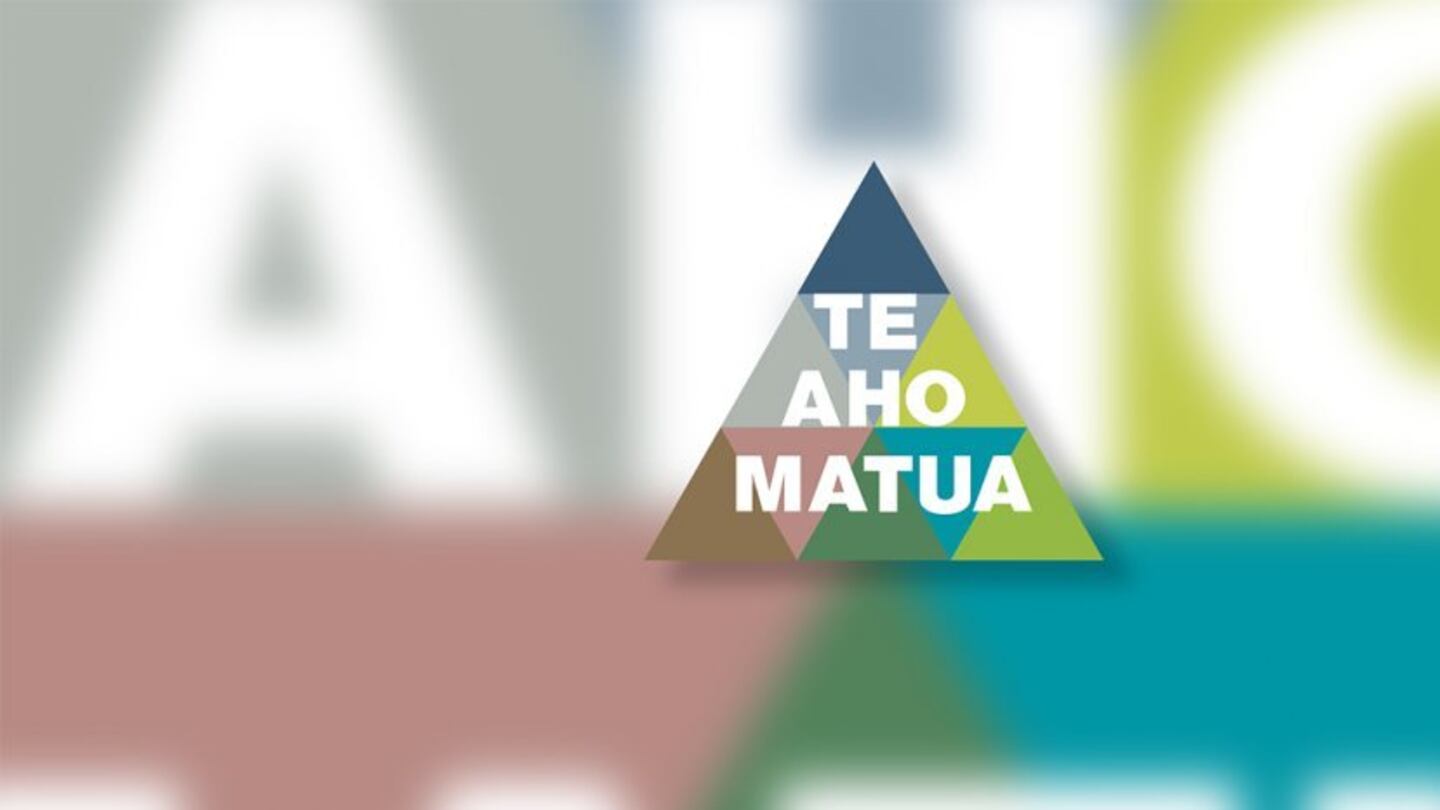The Waitangi Tribunal has heard submissions from Kura Kaupapa Māori representatives at a judicial conference into the application for an urgent hearing by Te Rūnanga Nui o Ngā Kura Kaupapa Māori.
Te Rūnanga Nui o Ngā Kura Kaupapa Māori lead claimant, Dr Cathy Dewes says today’s urgent hearing with the Waitangi Tribunal is a positive step forward for the organisation's claim.
“This brings us a step closer to being able to put on record the injustices that Kura Kaupapa Māori have suffered at the hands of successive governments over the last 35 years.”
Lawyers for Te Rūnanga Nui argued the Ministry of Education effectively treated the national body that represents 65 kura kaupapa as a service provider alongside other ‘stakeholders’, which failed to uphold the Treaty of Waitangi by not recognising the movement as an equal partner.
The claimaints say the relationship between the Crown and Te Rūnanganui has reached breaking point, and is the basis for applying for urgent intervention by the tribunal.
“The Ministry of Education has steadfastly refused to engage with TRN as a Treaty partner. There is no hard point in the future, or in six months' time where that is going to become necessarily any more urgent than today.
Crown 'doesn't follow through'
“TRN and KKM cannot continue to engage with a Treaty partner, who won’t treat them as a Treaty partner.”
The claimants drew parallels with findings by the tribunal in the hauora enquiry, which ultimately led to reforms in the health sector including the establishment of a Māori health authority.
“The Crown uses terms like partnership, it uses terms like co-design but it doesn’t follow through.”
The urgent claim (WAI 1718) filed in October 2021 on behalf of all 65 kura and the whānau of 6500 students nationwide, concerns acts and omissions by the Crown in relation to the exercise of tino rangatiratanga by whānau of Kura Kaupapa Māori and Te Rūnanga Nui.
Dewes says it is about the right of tamariki Māori to grow and develop as Māori through a Kaupapa Māori schooling option.
“Kura Kaupapa Māori have had to adopt governance and management practices and policies that reflect mainstream Western educational ethos, not that of Kura Kaupapa Māori,” Dewes said.
Crown's Response
In response, lawyers for the Crown argued there are reasonable alternative remedies to prejudice arising from the existing Crown conduct. The Crown also believe some of the concerns in the claim can be better addressed in the kaupapa enquiry.
"To the extent the claims are about pending Crown conduct, the work program itself, and what it does or doesn't do, we say those claims are premature at this point for an urgent enquiry given that at this stage the work program has progressed to so far."
The Crown also suggested it is premature to say significant and irreversible injustice has been established, on the basis that the government has recently launched a program to help Kura Kaupapa and Māori Medium education, targeting around 30% of Māori students.


